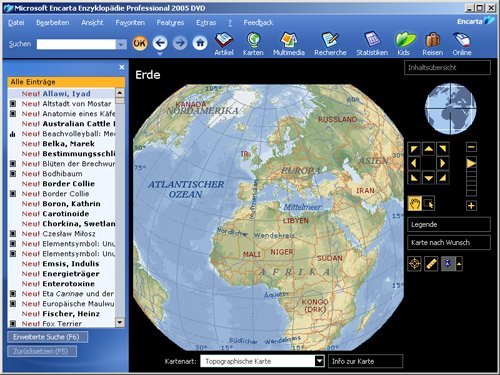

However, the two separate words were reduced to a single word due to a scribal error by copyists of a Latin manuscript edition of Quintillian in 1470. The word encyclopedia ( encyclo| pedia) comes from the Koine Greek ἐγκύκλιος παιδεία, transliterated enkyklios paideia, meaning 'general education' from enkyklios ( ἐγκύκλιος), meaning 'circular, recurrent, required regularly, general' and paideia ( παιδεία), meaning 'education, rearing of a child' together, the phrase literally translates as 'complete instruction' or 'complete knowledge'. Indeed, the purpose of an encyclopedia is to collect knowledge disseminated around the globe to set forth its general system to the men with whom we live, and transmit it to those who will come after us, so that the work of preceding centuries will not become useless to the centuries to come and so that our offspring, becoming better instructed, will at the same time become more virtuous and happy, and that we should not die without having rendered a service to the human race in the future years to come. The appearance of digital and open-source versions in the 21st century, such as Wikipedia, has vastly expanded the accessibility, authorship, readership, and variety of encyclopedia entries. As a valued source of reliable information compiled by experts, printed versions found a prominent place in libraries, schools and other educational institutions. Įncyclopedias have existed for around 2,000 years and have evolved considerably during that time as regards language (written in a major international or a vernacular language), size (few or many volumes), intent (presentation of a global or a limited range of knowledge), cultural perspective (authoritative, ideological, didactic, utilitarian), authorship (qualifications, style), readership (education level, background, interests, capabilities), and the technologies available for their production and distribution (hand-written manuscripts, small or large print runs, Internet). Generally speaking, encyclopedia articles focus on factual information concerning the subject named in the article's title this is unlike dictionary entries, which focus on linguistic information about words, such as their etymology, meaning, pronunciation, use, and grammatical forms. Encyclopedia entries are longer and more detailed than those in most dictionaries.


Encyclopedias are divided into articles or entries that are often arranged alphabetically by article name and sometimes by thematic categories. A digital multimedia encyclopedia based on the Brockhaus Enzyklopädie is available under the name Brockhaus Multimedial Premium, which is similar to Microsoft Encarta.Title page of Lucubrationes, 1541 edition, one of the first books to use a variant of the word encyclopedia in the titleĪn encyclopedia ( American English), encyclopædia, or encyclopaedia ( British English) is a reference work or compendium providing summaries of knowledge either from all branches or from a particular field or discipline. It is the largest German language printed encyclopedia in the 21st century. The Template:As of 21st edition contains about 300,000 entries on 24,000 pages, with about 35,000 maps, graphics and tables. This Lexikon included geography, history, and in part biography, as well as the more typical mythology, philosophy, natural history, and so on. Paralleling other 18th century encyclopedias, the scope was expanded beyond that of earlier publications, in an effort to become comprehensive. The first edition originated in the Conversations-Lexikon mit vorzüglicher Rücksicht auf die gegenwärtigen Zeiten by Renatus Gotthelf Löbel and Christian Wilhelm Franke, published in Leipzig 1796-1808.

The Brockhaus Enzyklopädie is a German-language encyclopedia which until 2009 was published by the F.


 0 kommentar(er)
0 kommentar(er)
